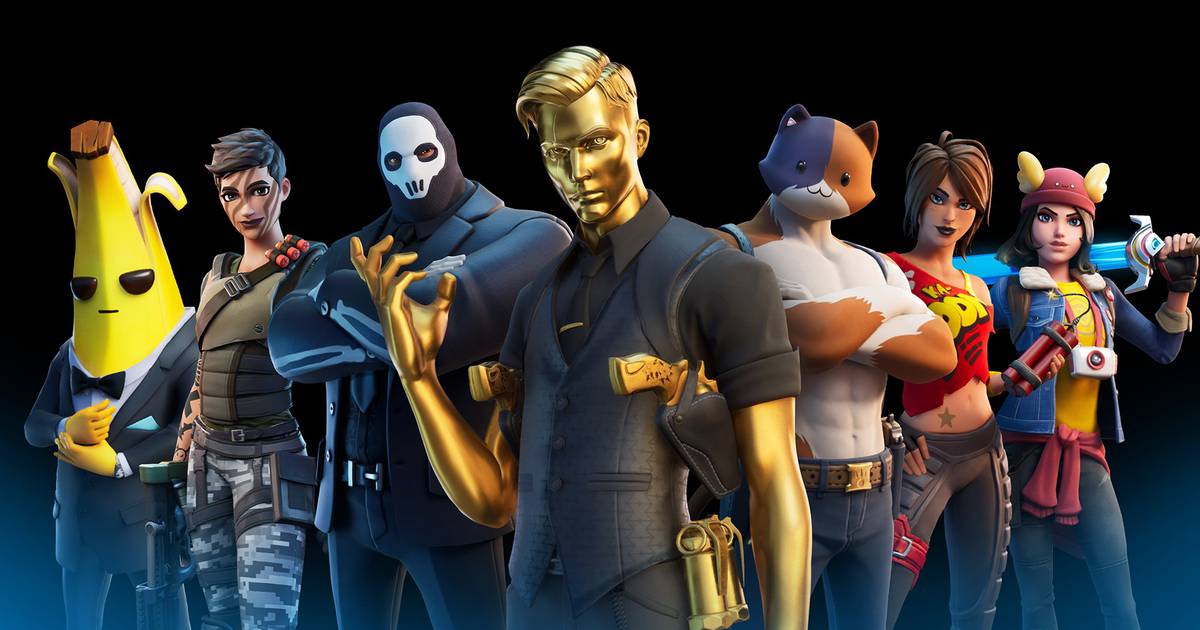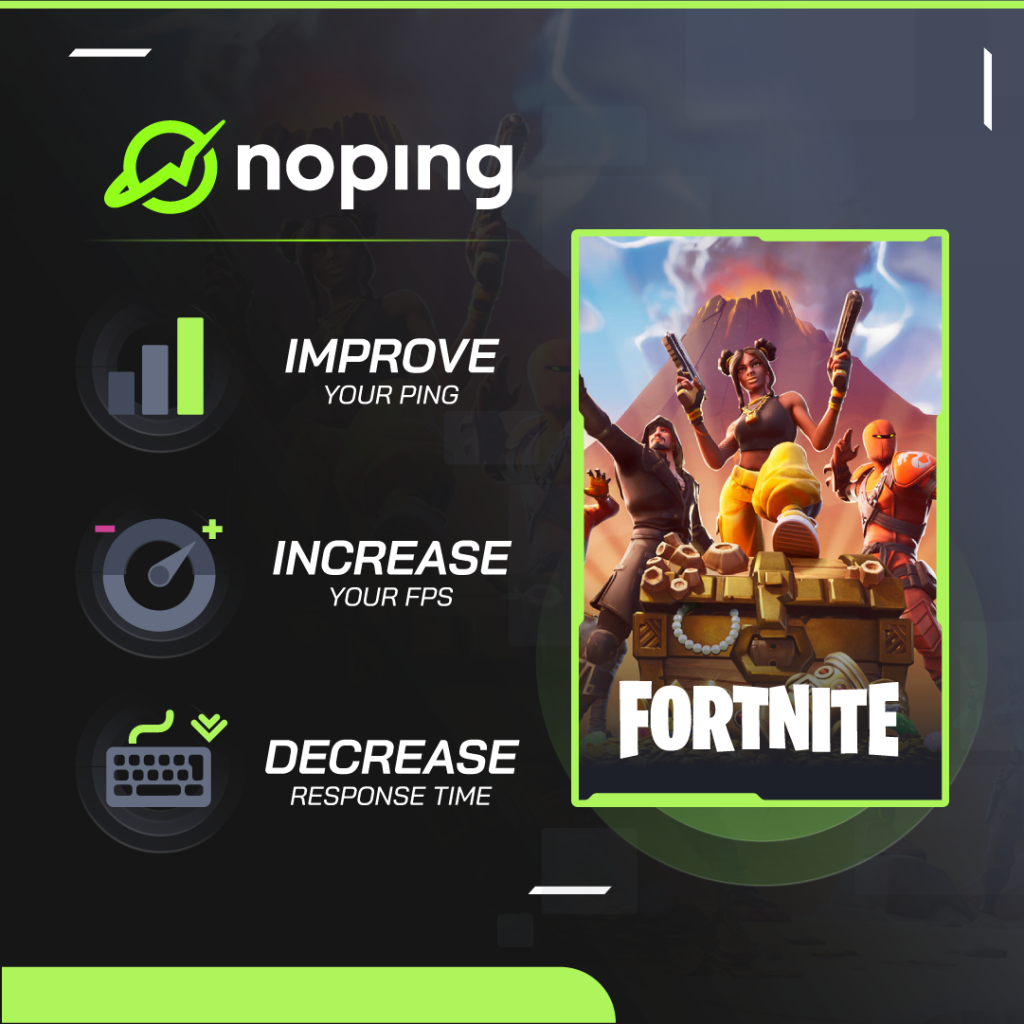The Banishment of Fortnite Streamers: The Consequences of Online Transgressions
In recent years, Fortnite has established itself as a cultural phenomenon and one of the most popular games in the world, fostering a vibrant community of players and content creators. Among these creators, Fortnite streamers stand out, garnering millions of followers and influencing a global audience. However, with great visibility comes greater responsibility, and some of these renowned streamers have faced bans and controversies for their online actions.

- The Power and Responsibility of Streamers
Fortnite streamers wield significant reach, often drawing thousands, if not millions, of viewers to their live streams. This influence can be positive, with many streamers using their platforms to promote community, provide entertainment, and even raise funds for noble causes. However, it can also be a double-edged sword, with some streamers crossing the line between what is acceptable and unacceptable.
- Transgressions and Bans
Several Fortnite streamers have found themselves in the spotlight for inappropriate behavior or violations of streaming platforms’ policies. These include:
Hate speech and offensive language: Some streamers have been banned for making racist, sexist, homophobic, or otherwise harmful comments during their broadcasts.
Cheating and hacks: In a competitive game like Fortnite, the temptation to gain an unfair advantage can be strong for some. Streamers have been banned for using cheats, hacks, or exploiting glitches in the game.
Toxic behavior: Harassing other players, online bullying, and generally toxic behavior have also led to bans for several streamers.
Copyright violations: Some streamers have been banned for infringing copyright by broadcasting music or other protected content during their live streams.
- Consequences and Responses
When a streamer is banned, the consequences can be severe. Besides losing access to the streaming platform, they may face financial repercussions, lose sponsorship deals, and permanently damage their online reputations. Some platforms also implement temporary suspensions before permanently banning a streamer, giving them a chance to correct their behavior.
Responses from banned streamers vary widely. Some issue public apologies and seek redemption, while others deny any wrongdoing or try to justify their actions. Some even switch streaming platforms, attempting to start afresh in a less restrictive environment.
- The Role of Streaming Platforms
Streaming platforms like Twitch and YouTube play a crucial role in content moderation and enforcing their policies. They have the power to remove streamers who violate these policies and to set standards for acceptable behavior in their communities. However, the effectiveness of these measures can be questioned, especially when it comes to highly influential streamers.
- Reflections and Learnings
The banning of Fortnite streamers highlights important issues about online responsibility, toxicity in the gaming community, and the intersection between freedom of expression and content moderation. It also serves as a reminder to streamers themselves about the power of their platform and the need to use it responsibly.
Ultimately, the fate of banned Fortnite streamers depends on how they respond to these challenges and whether they can rebuild the trust of their communities. While some may find redemption, others may face longer-lasting consequences for their online transgressions.
Noping for Fortnite
“Noping is an essential tool for Fortnite players seeking a smoother and more competitive gaming experience. With its advanced ping reduction technology, Noping helps minimize latency, improving game responsiveness and increasing connection stability. Additionally, it offers protection against DDoS, ensuring secure and uninterrupted gameplay. Try Noping today and elevate your Fortnite performance to the next level.”
For more news click here


